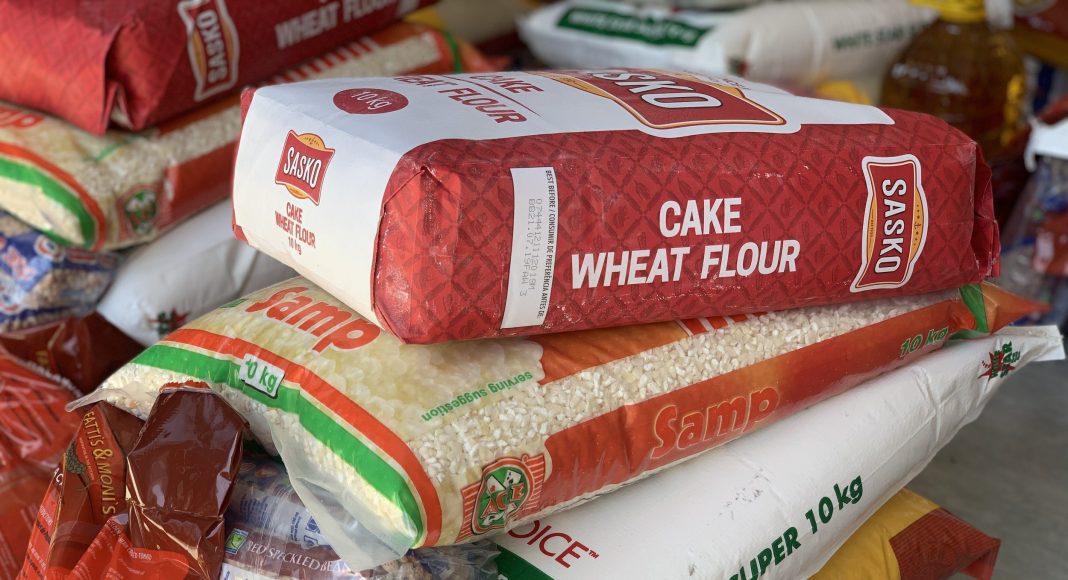South Africa’s annual inflation rate surged to 5.6% in February, up from January’s 5.3%, marking the highest reading in four months.
The increase, reported by Statistics South Africa on Wednesday, exceeded market forecasts of 5.5%, further straying from the Reserve Bank’s preferred 4.5% midpoint within the 3–6% target range.
The inflationary uptick was primarily attributed to accelerated prices across various sectors, notably transport, housing and utilities, miscellaneous goods and services, and food and non-alcoholic beverages (NAB).
Medical aid premiums
In the miscellaneous goods and services category, a significant 10.3% month-on-month surge in medical aid premiums propelled health insurance inflation to 12.9%.
Premiums across all types of insurance rose by 9.5% over the past year.
Food and NAB inflation moderated to 6.1% in February, although certain categories experienced price hikes.
Notably, hot beverages saw increases driven by rises in instant coffee (12.1%), black tea (10.1%), and Rooibos tea (8.1%).
Conversely, oils and fats remained in negative territory primarily due to a 12.9% annual decrease in sunflower oil prices.
However, peanut butter prices surged by 14% over the past year.
Impact of rising prices for eggs
The ongoing impact of rising egg prices continued to affect the milk, eggs, and cheese category, with eggs becoming 30.7% more expensive than a year ago.
Additionally, annual rice inflation escalated to 25% in February, with the price of a 1kg bag soaring to R31.83 from R23.54 a year ago.
Similarly, pizza and pies, classified within the bread and cereals category, witnessed a steep 17.5% price hike in the 12 months to February.
Despite these increases, some products within the bread and cereals category experienced price decreases compared to the previous year.
Bread flour, rusks, ready-mix flour, pasta, and macaroni were all cheaper, with decreases ranging from 0.5% to 5.7%.
The transport category also contributed to inflationary pressures, recording a 5.4% annual increase.
“The transport category registered an annual increase of 5.4%, driven higher mainly by increases in vehicle and fuel prices,” according to the Stats SA.
Modest economic growth anticipated
In January, Reserve Bank governor Lesetja Kganyago highlighted that as the new year commenced, global economic conditions were uncertain with mixed outcomes.
While headline inflation is decreasing in many regions, core inflation remains persistently high.
Both advanced and emerging economies are anticipated to experience modest economic growth this year, despite surpassing expectations in 2023.
Policy priorities in most countries will focus on achieving inflation targets, reducing fiscal deficits, and managing or reducing debt levels.
Tight financing conditions are expected to persist.
As policymakers navigate these challenges, attention will likely remain focused on maintaining price stability while supporting economic growth and affordability for consumers.
The next repo rate announcement will be made on March 27.
See how inflation has performed over the past five years:





